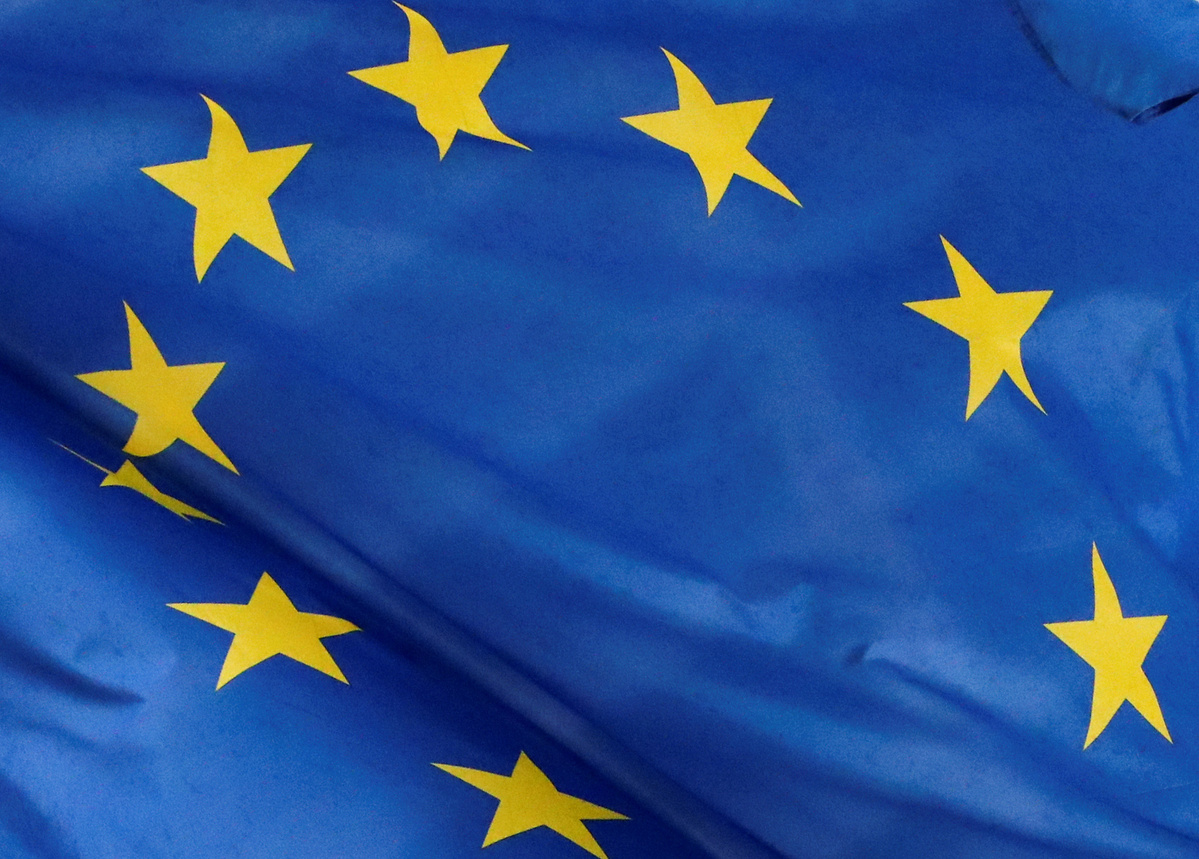Europeans feeling loss of faith in US


The novel coronavirus pandemic and the United Kingdom's exit from the European Union will give Europe the opportunity to redefine itself and its place in the world, according to an economics expert.
Polling suggests that Europeans' trust in the United States and Donald Trump's leadership is gone, with a European Council on Foreign Relations, or ECFR, survey finding that the majority of respondents' perception of the US had worsened since the outbreak of the pandemic.
More than 60 percent of those surveyed in France, Germany and Spain had negative views of the US and some 70 percent held the same views in Portugal and Denmark.
Forty-six percent of French respondents, and 42 percent of Germans, said their view of the US had worsened "a lot" as a result of the novel coronavirus crisis.
"Many of them have been appalled by the country's chaotic response to COVID-19; the lack of solidarity it showed with Europeans in the March 12 closure of its border to members of the Schengen area; and its lack of leadership in tackling the coronavirus crisis at the global level," the ECFR report said.
Gayle Allard, professor of economic environment and country analysis at the IE Business School in Madrid, Spain, said: "Clearly the problem of the public image of the United States in Europe is a function of its president, who has proven to be unpredictable and divisive and who has departed from some important traditional lines of US policy, such as free trade, multilateral cooperation and the historically strong commitment to alliances that tied together the United States and the EU. The US and Europe are historical and natural allies who complement one another culturally, ideologically and economically "and once Trump leaves office, the relationship between the two sides would return.
However, if Trump wins another term in November, Allard believes the relationship will be harder to repair.
"There is a high probability that they can return relatively smoothly to their previous relationship," she said.
Despite many Europeans feeling abandoned during the COVID-19 crisis, the ECFR found that people still want the EU to become more unified in its response to global threats and challenges.
"Europe has become accustomed to relying on US leadership," Allard said. "This crisis, combined with Brexit, is an opportunity for it to redefine itself and its place in the world. It is a positive development for Europe in the long run, and it will carve out its role in the world and define its vision for Europe′s future."
The ECFR also said that Europeans have accepted the fact that Trump's US is not necessarily a friend of Europe in a time of need, adding: "The Trump's administration's withdrawal from international leadership could reinforce European voters' belief that their governments should take on this role".
"The Republican party is currently in serious crisis. It is not clear how it will redefine itself after Trump," Allard said, noting that traditionally the Republican party was the most pro-globalization and opened the West to China.
"They were the party of free trade, fiscal responsibility and other convictions that Trump does not stand for," she said.
While there are a minority of people who support Trump's "radical, insular policies" the majority of US citizens "still support free trade, immigration, multilateralism, more progressive taxes and social policies to help the disadvantaged in the United States," Allard said.
"Either the Republicans articulate a stance that appeals to this majority view in the United States, or the Democrats will become the majority party for the foreseeable future. The period after Trump will be critical for the future of the Republican party," the economics professor added.

































